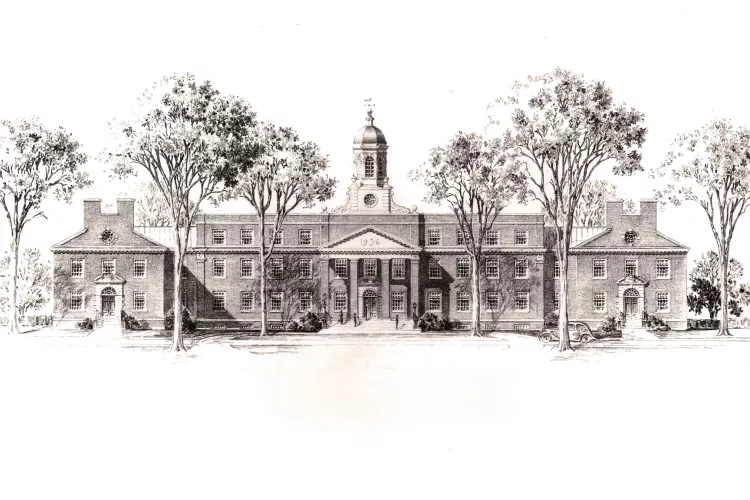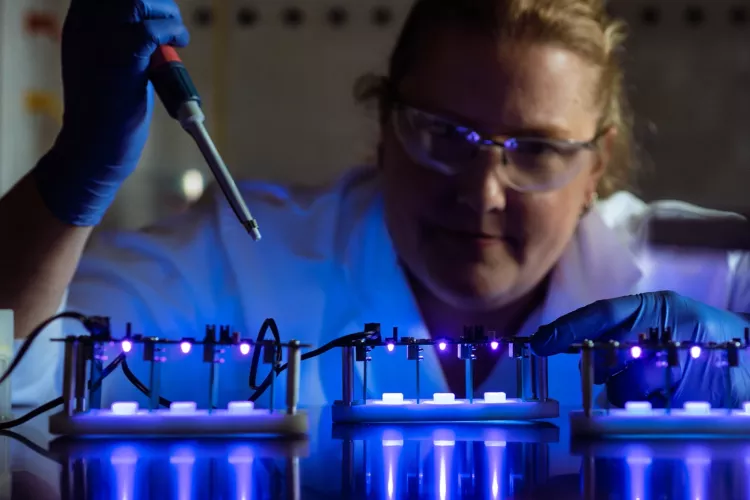UofL scientists identify novel early detection for Alzheimer’s
October 2, 2024Scientists from the University of Louisville believe they’ve developed a unique way to find areas of the brain that are susceptible to Alzheimer’s at an earlier age. Neurologist Dr. Greg Barnes says the new system is a potential breakthrough because it would allow doctors to “identify individuals who have specific defects in distinct brain circuits” and prevent those circuits from sustaining further damage or dying.
Currently, close to half of Americans age 85 or older suffer from Alzheimer’s which begins to erode brain function up to 15 years before it’s diagnosed. Dr. Barnes says the test developed at UofL could identify early warning signs for Alzheimer’s in people over age 60.
According to bioengineering professor Dr. Ayman El-Baz, the system combines a traditional MRI scan with computer software. Patients drink a liquid nuclear material called Pittsburgh compound B that flows through the cardiovascular system, including the brain, which is divided into 104 sections. The liquid binds to the pathological hallmarks of Alzheimers “lighting up” the brain sections with unhealthy tissue, sections that might impact memory, language or location skills. The software can separate the overlapping data and images to more accurately target each one of the 104 sections of the brain that are affected.
“This is non-invasive technology for detecting Alzheimer’s” Dr. El-Baz said.
There are six UofL researchers working on the project along with colleagues in Egypt and at the University of South Carolina. They are applying for patents.
Related News



